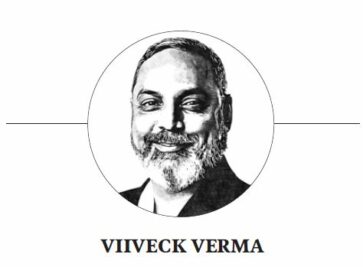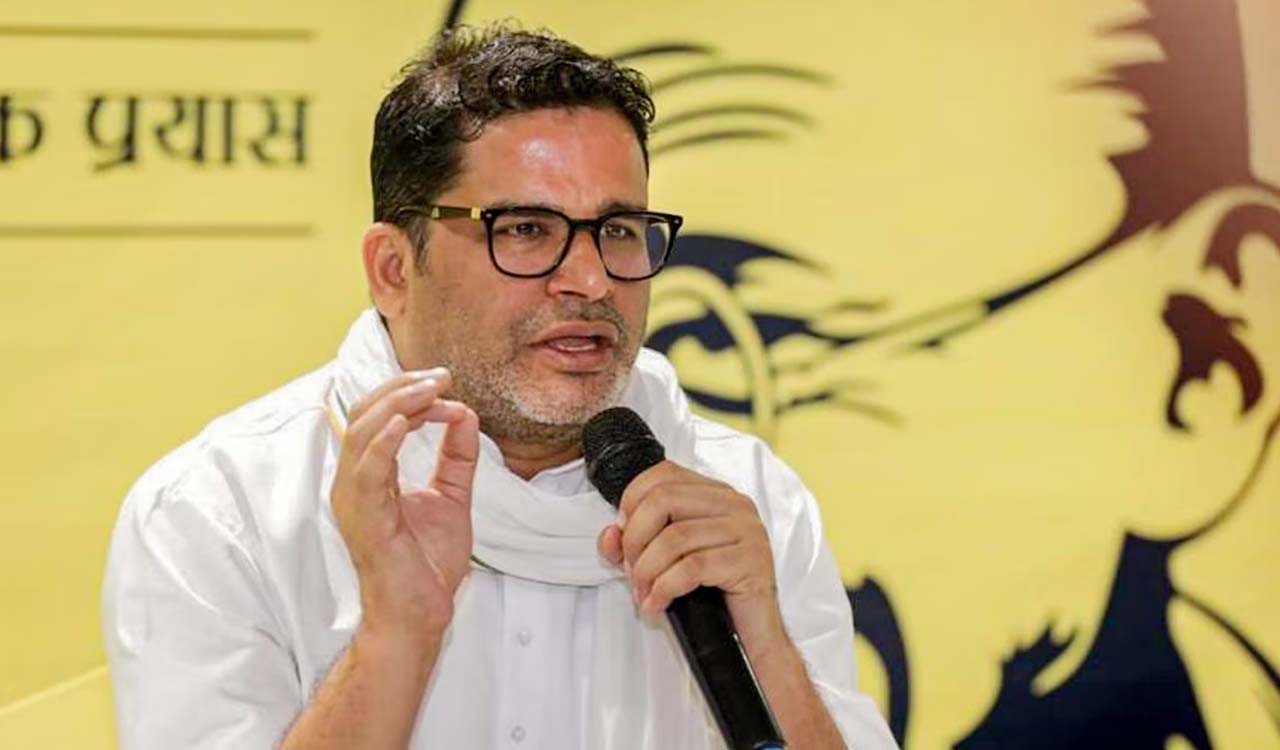Opinion: The original entrepreneur—the startup genius of mothers
For all our talk of ‘disruption’, no one has disrupted time, space, and biology more completely than mothers

By Viiveck Verma
If venture capitalists invested in adaptability, resilience, crisis management, and long-term vision, mothers would be the most funded entrepreneurs on earth. Instead, the world tends to look right through their labour. We idolise startup founders who ‘wear many hats’, yet we overlook the woman who juggles logistics, nutrition, education, finance, emotional regulation, and conflict resolution before breakfast.
In the age of innovation, it’s time we acknowledged what has always been in front of us: mothers are the original entrepreneurs. And our economies, policies, and cultural narratives are years overdue in treating them as such.
Entrepreneur Mothers
Entrepreneurship, at its core, is not about pitch decks and accelerators. It’s about problem-solving in real time with incomplete information and limited resources. It’s about doing whatever it takes to get the job done — pivoting strategies, managing diverse stakeholders, and staying up all night to keep something alive. It is, in other words, what mothers do every single day.
Consider the average day of a mother, especially one in a low- or middle-income household. She runs a household budget tighter than a bootstrapped startup. She makes procurement decisions for daily groceries, school supplies, and medicines, balancing cost, quality, and access. She leads operations: meals planned, children bathed, and elderly parents tended to. She performs HR functions, conflict mediation, supply chain management, and sometimes, even homeschooling, all without pay, recognition, or rest. Were this work to be quantified, its economic value would be staggering. According to a 2021 report by Oxfam, the unpaid labour of women globally is worth at least USD 10.8 trillion annually, more than the tech industry, the global tourism market, and the entire Indian GDP combined.
Mothers were the first to launch life with nothing but instinct and grit; it’s time we started giving them the credit and the capital they’ve always deserved
And yet, this labour is dismissed as ‘natural’, as if strategic thinking and emotional labour are just maternal instincts rather than a complex blend of learned skills and endurance. We love the garage-to-IPO stories of male founders who risk it all to build something from scratch. But mothers have been building lives from scratch for centuries, often with far fewer tools and a thousand times more scrutiny.
There is a reason why so many women who start businesses do so after motherhood. Not because they suddenly become interested in entrepreneurship, but because the constraints of caregiving demand creative, flexible work that the formal labour market refuses to offer. In fact, some of the world’s most successful women-led ventures, from childcare cooperatives to food delivery kitchens to fashion labels, began with a mother solving a problem no one else would.
Untapped Reservoir
Mothers are not a special interest group that needs to be accommodated. They are a massive, untapped reservoir of intelligence, innovation, and operational expertise. But our institutions are still catching up to this reality. Public policy rarely reflects the scale of maternal labour. Paid parental leave remains patchy even in developed countries. Childcare is unaffordable or unavailable for millions. Tax codes penalise second earners (often women), and investment culture continues to fund ideas, not lived insight.
It’s also about how we frame intelligence. Startup culture lionises the ability to move fast and break things. Motherhood, by contrast, demands you move patiently and build things, often invisibly. It is not flashy. It is often not scalable. But it is the bedrock on which lives — and by extension, economies — are built. The tension here is philosophical as much as economic: do we only value creation when it results in capital, or are we finally ready to recognise the genius in everyday survival?
Even when mothers do enter the formal business world, they are penalised for the very traits that make them exceptional. Women are less likely to be funded by VCs, often because of bias that sees caregiving as a distraction rather than as a foundation of leadership. In a Stanford study of identical business pitches delivered by male and female voices, investors overwhelmingly chose to back the male-presenting entrepreneur, even when the content was the same. The deck is stacked, and yet mothers still play the game.
Structural Respect
And let’s not forget the intersectional layer. For mothers of colour, disabled mothers, or those in marginalised communities, the barriers are higher still. Access to networks, credit, formal employment, and even the right to be seen as competent is an uphill climb. And yet these women lead informal economies, organise neighbourhoods, innovate around scarcity, and raise entire generations in systems designed to overlook them. What else would you call that but entrepreneurship?
If we were serious about unleashing human potential, we would redesign every major system, from healthcare to taxation to venture capital, with caregiving as central, not incidental. We would fund community kitchens the same way we fund tech parks. We would measure success not just by scale or profit, but by resilience, accessibility, and intergenerational benefit. We would teach case studies in business schools about how a rural mother in Rajasthan scaled her dairy collective. Because real-world entrepreneurship isn’t only in Silicon Valley, it’s also in the kitchens, buses, WhatsApp groups, and street corners of every city.
None of this is about sentimentality. It’s about structural respect. The idea that only paid labour or monetised innovation counts is both narrow and obsolete. The future of work must include honouring and learning from mothers, not just in boardrooms and panels, but in the foundational logic of how we build economies. Because for all our talk of ‘disruption’, no one has disrupted time, space, and biology more completely than mothers. They were the first to launch life with nothing but instinct and grit. It’s time we started giving them the credit and the capital they’ve always deserved.

(The author is founder and CEO, Upsurge Global, co-founder, Global Carbon Warriors and Adjunct Professor, EThames College)
Related News
-
FDDI introduces new UG, PG programmes across schools
1 hour ago -
Harish Rao to visit illegal quarry in Neopolis on Thursday
1 hour ago -
Holi celebrated with enthusiasm in Kothagudem, Warangal
1 hour ago -
BRS leaders come to the rescue of Velugumatla displaced families
2 hours ago -
Allen crushes South Africa dreams with record century, Kiwis storm into T20 World Cup final
2 hours ago -
Congress councillor disqualified in Isnapur Municipality for voting against party whip
2 hours ago -
KTR condemns civilian deaths following Israel-US bombing in Iran
2 hours ago -
Podu farmers clash with forest staff in Telangana’s Aswaraopet
2 hours ago




